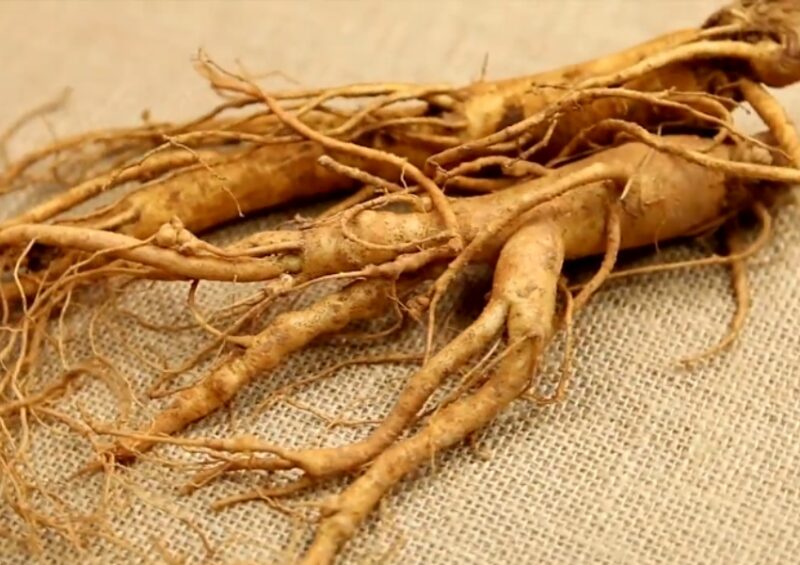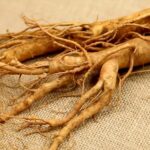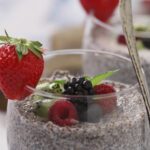Henry from Senior Living says; One of the reasons why I hate getting old is because almost every day, it feels like I don’t have any energy. I even tried reading the Home Guide. I feel drained, tired, and I find it very difficult to drag myself through the day, only to crash on the couch in the evening.
This is when a friend suggested that I should give ginseng supplements a try, and this sparked my curiosity! So, I decided to check it out, and here’s my experience using it. But first of all, what does it taste like?
What Does It Taste Like?
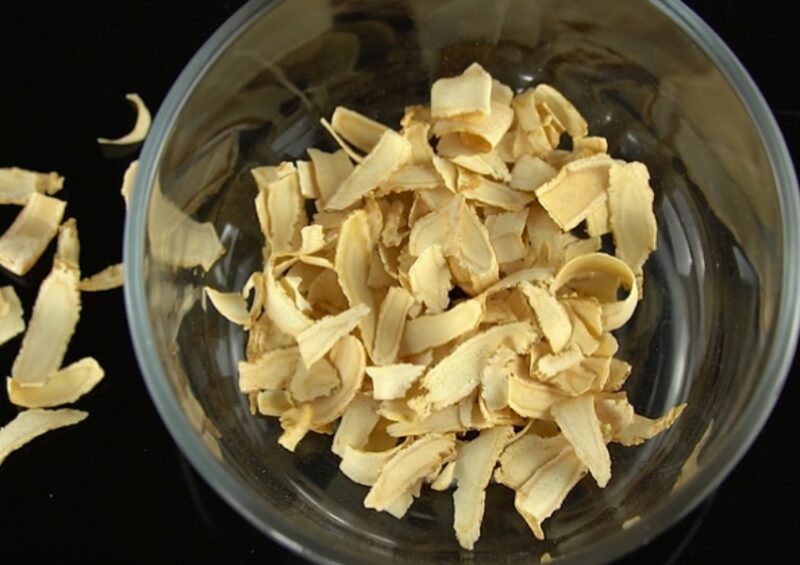
From what I’m taking is the supplement, there isn’t any taste at all. However, fresh ginseng is different. Get a knife sharpener and make your knife laser-sharp, then mince the ginger into small bits. Then add honey. When you first put it in your mouth, you’ll sense the bitterness of ginseng, but not too bitter. The honey counters the bitterness perfectly.
Also, it’s important to note that there’s an aftertaste that lingers in your mouth the whole day too. Then, there’s also the earthy sweetness, almost similar but not the same as carrots. For those who wonder where to get American or Korean ginseng, they have a lot of different superfoods and products.
Different Kinds of Ginseng
For starters, I made a little research to see if there are different kinds of ginseng, and I found out that there are three main species of ginseng– Siberian, Oriental, and American. These species are known for reducing stress, improving vitality, and boosting the immune system.
Benefits of Taking Ginseng
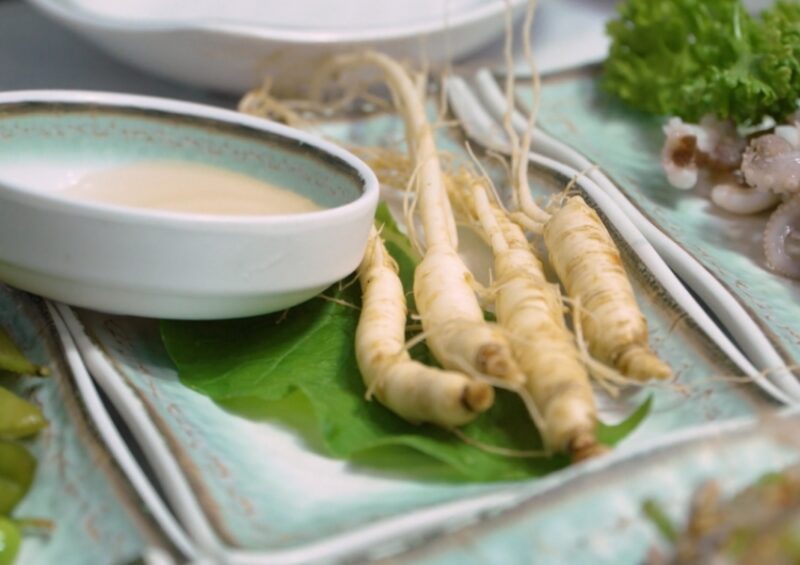
For centuries, ginseng has been used to treat a variety of illnesses. However, Western scientists still question its therapeutic properties claiming that not enough research has been made regarding its effectiveness. Though, the following health benefits can be enjoyed from taking this supplement:
– Boosts Energy
Ginseng is capable of stimulating the mental and physical activity of the person– that’s why it’s perfect for those who often feel weak and tired.
– Cognitive Function
It can also improve the thinking ability and cognition of a person. Studies show that it can improve the working memory and mood of both middle-aged adults and young individuals.
– Remedy for Cold and Flu
Ginseng can be a safe and effective natural remedy for reducing the risks of getting infected with cold and flue.
– Diabetes
Ginseng also has anti-diabetic properties. Wherein, in one animal study made in the past, it has been revealed that the extract of ginseng contributed to weight loss and lower blood sugar of mice with type 2 diabetes. It has also been discovered that ginseng can increase the insulin sensitivity of healthy individuals.
– ADHD
Combining ginseng with ginkgo biloba can actually help a person suffering from ADHD.
– Heart Health
Ginseng can also protect heart health while supporting healthy cholesterol levels at the same time. Numerous study show that taking lower doses of ginseng can actually increase blood pressure. However, if taken at higher doses, the effects are the opposite.
-Anti-Cancer
Based on research, ginseng has an important role in preventing cancer, and it can also be a treatment agent against DNA damage. In fact, several studies have been made supporting that ginseng has numerous types of cancer, such as melanoma, leukemia, hepatitis, kidney, prostate, ovary, and pulmonary cancer.
Check out this video for more benefits:
Don’t miss our article on the shelf life of chia seeds and their benefits!
Possible Side Effects Of Ginseng
Of course, I would also want to know if there are any side effects from taking ginseng, and I found out that some people did experience mild side effects, such as diarrhea, heartburn, and stomach discomfort. Other than that, ginseng is completely safe.
